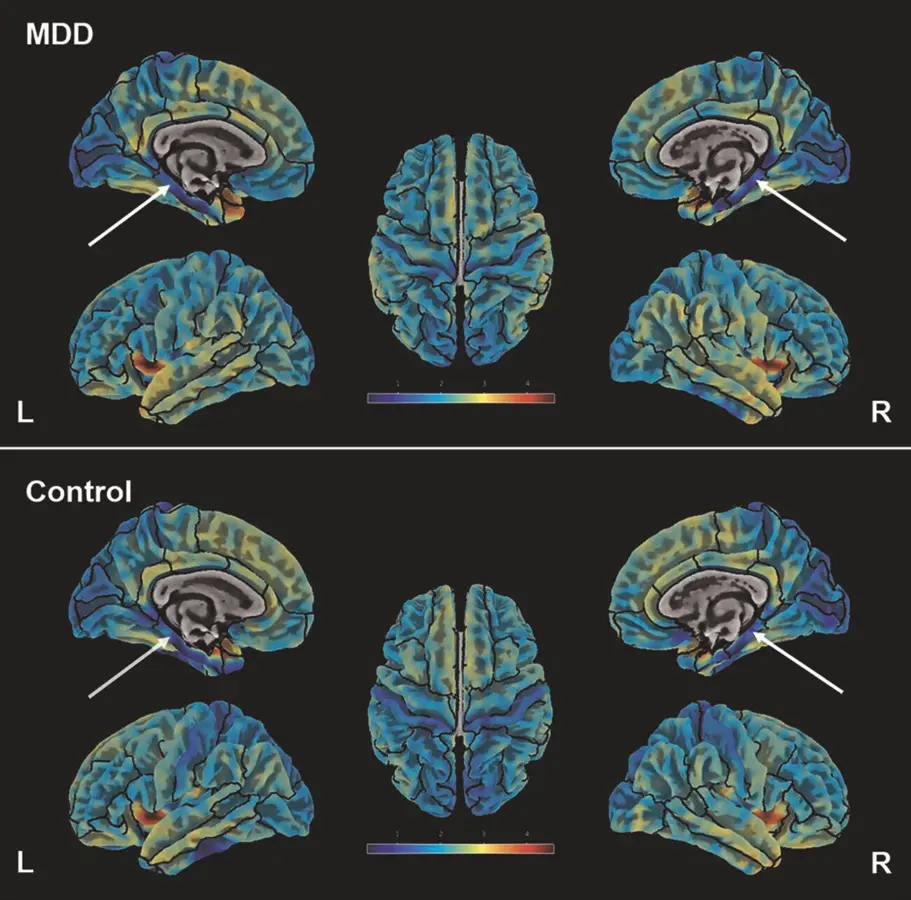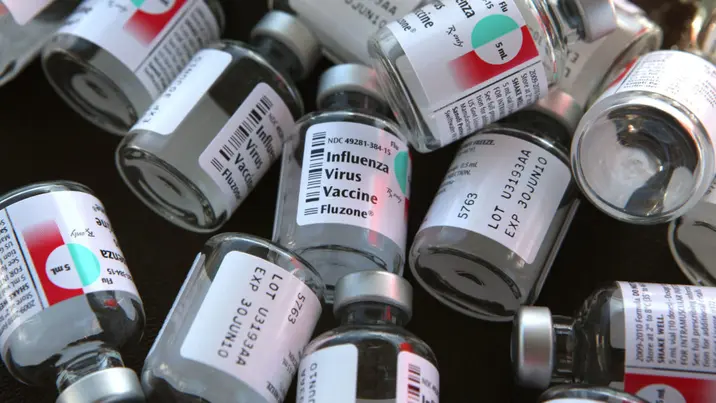T4K3.news
SSRIs safety signals prompt review
A safety analysis of MHRA Yellow Card data questions links between SSRIs and fatal outcomes while noting ongoing benefits for many patients.

An analysis of UK safety reports questions the link between SSRIs and death while noting the drugs' proven benefits.
SSRIs linked to more than a thousand fatal reports
The MHRA has logged 1,127 reports describing a fatal outcome after SSRI use since the late 1980s. Nine of these involve children under ten, all linked to exposure in pregnancy. Officials say a report does not prove the drug caused the death and that many cases involve other illnesses. With 47 million SSRI prescriptions in 2023, the volume means safety signals may appear large even when the drugs are widely used. The NHS notes that withdrawal can be severe and that some people experience side effects after starting treatment.
Experts acknowledge the benefits of SSRIs for many conditions, but some scholars challenge the idea that depression is caused by a serotonin imbalance and argue that real harms can be overlooked. The 2022 review finding no convincing evidence of an imbalance does not prove SSRIs useless; it shows the science of how they work is still unclear. The Yellow Card system is voluntary, and under-reporting is common; observers say only a fraction of adverse events are captured. Regulators emphasize ongoing monitoring and careful, personalized prescribing, especially in pregnancy and older patients.
Key Takeaways
"Antidepressants can be risky for many reasons and these statistics underestimate the deaths in which antidepressants play a role."
Professor Joanna Moncrieff on safety data
"In rare cases they induce suicidal thoughts and behaviour."
Moncrieff warning about serious side effects
"The safety of patients is always our top priority."
MHRA chief safety officer Alison Cave on monitoring
This safety snapshot arrives at a moment when medicine and media frame antidepressants as a quick fix. The data’s power lies in signal detection, not causation, but that nuance can blur in headlines. Regulators must balance rapid warnings with the knowledge that millions benefit from SSRIs. The reporting system reflects real-world use, but it is imperfect and prone to gaps that can distort risk perception.
Media coverage can tilt public understanding toward fear or complacency. The piece highlights the tension between medical progress and the limits of our knowledge. If we overstate risk, patients may abandon beneficial treatment; if we understate risk, trust in doctors and regulators erodes. Policy should push for clearer communication, better data linkage, and more personalized care while preserving access for those who benefit.
Highlights
- Safety reports are signals not proof
- Millions rely on SSRIs with clear benefits
- The data deserve careful review not alarm
- Listening to patients matters as much as data
Public health safety concerns around antidepressants
The article raises safety signals around SSRIs that could affect public trust and policy. It emphasizes the need for transparent interpretation of voluntary safety data and ongoing monitoring.
As data evolve, patient safety and informed choices must stay at the heart of care.
Enjoyed this? Let your friends know!
Related News

New studies reveal dangers in chatbot interactions
Entire cabin crew suspended after phone tracking incident

Health risk at resort

Health policy shifts raise safety and access concerns

Two boxers die in Tokyo event

Fort Stewart Shooting Suspect Identified

Sam Warburton defends controversial clearout by Jac Morgan

Arizona child abuse tragedy prompts protection system review
